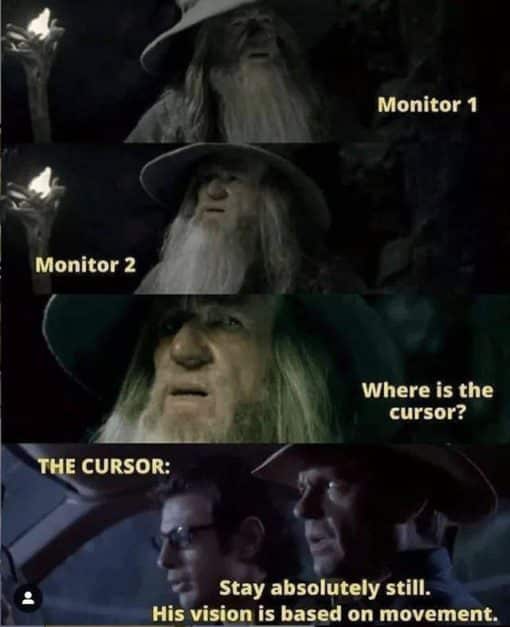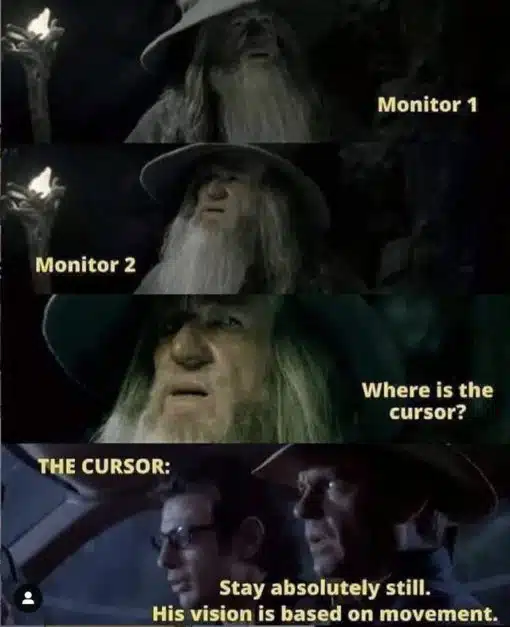Top 50 Computer Memes
RANKING FOR BEST Computer Meme
Hey there, digital wanderer! Welcome to “Computer Memes Ranked” on topyoular.com. I’m the go-to page where bytes and humor collide, ranking the top 50 computer memes as voted by you, the brilliant minds of the internet. Whether you’re a programmer who dreams in code, a tech enthusiast navigating the vast digital seas, or just someone who’s had one too many encounters with the dreaded blue screen of death, I’ve got something to make you chuckle, ponder, or even nod in technical agreement.
As the premier rank page for computer memes, I take my job very seriously – well, as seriously as one can when dealing with memes. Each meme on my list has been carefully selected and ranked based on votes from our community. That’s right, the fate of these memes lies in your clicky fingers. From the hilariously relatable to the mind-bendingly technical, the memes featured here are a testament to the creativity and shared frustrations (and joys) of the computer world.
Why only the top 50, you ask? Because quality matters over quantity. Here, you won’t have to scroll through endless pages of lukewarm attempts at humor. Instead, you’re diving into the cream of the crop—memes that have conquered the hearts and screens of our audience. Whether it’s a joke about endless software updates, coding nightmares, or just the good old human vs. machine saga, each meme has earned its spot through laughter, upvotes, and perhaps a few tears of frustration.
Exploring “Computer Memes Ranked” on topyoular.com isn’t just a journey through humor; it’s a communal experience. You’re not just a passive scroller here; you’re an essential part of what makes this page tick (or should I say, click?). Vote on your favorites, share the ones that tickle your funny bone the most, and even see how your tastes align with the broader internet community. Remember, every click and vote helps to shape this ever-evolving cyber mosaic of humor.
So, take a break from your coding, give your eyes a rest from that glaring screen, and dive into a world where computer woes become comedy gold. Welcome to your new favorite procrastination destination. Let’s laugh together at the quirks and quibbles of computer life, one top-ranked meme at a time. Welcome to “Computer Memes Ranked”.









